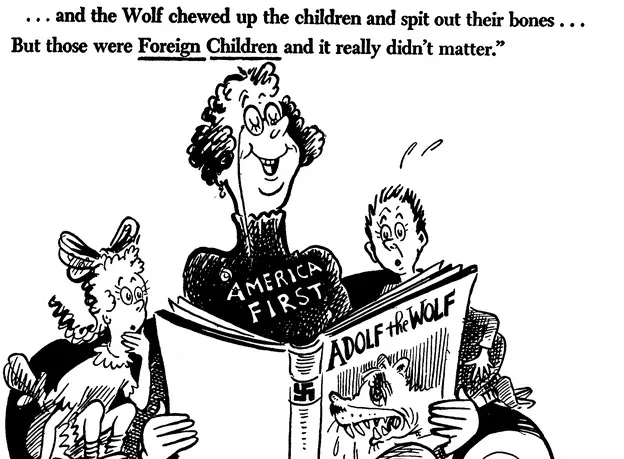I have a new article about progressive foreign policy up at Foreign Affairs. An excerpt:
During the 2016 primary and general election, former U.S. Secretary of State Hillary Clinton often appeared to represent a Democratic foreign policy establishment whose views might have been ripped from 2003, when the United States could still claim to be, in the words of former U.S. Secretary of State Madeleine Albright, “the indispensable nation”; and a number of luminaries released a blueprint for “progressive internationalism” that staked out a position between the “neo-imperialist right” and the “non-interventionist left.” Clinton, of course, voted for the 2003 Iraq War and supported the 2011 intervention in Libya. But her primary challenger from the left, Senator Bernie Sanders, delayed articulating such an alternative foreign policy agenda until his 2017 speech at Westminster College.
All of this is particularly unfortunate. The new gilded age—of corporate power, concentrated wealth, environmental dangers, corruption—demands a strong progressive movement. But that movement also faces challenges reminiscent of the era of New Deal liberalism: a rising tide of right-wing extremism, post-fascism, and neofascism, at home and abroad. These threats are simultaneously national and transnational in character. Their solutions require a combination of domestic and multilateral efforts, none of which will be possible without U.S. leadership harnessed to progressive goals. Abandoning the infrastructure of U.S. international influence because of its many misuses and abuses will hamstring progressives for decades to come.


